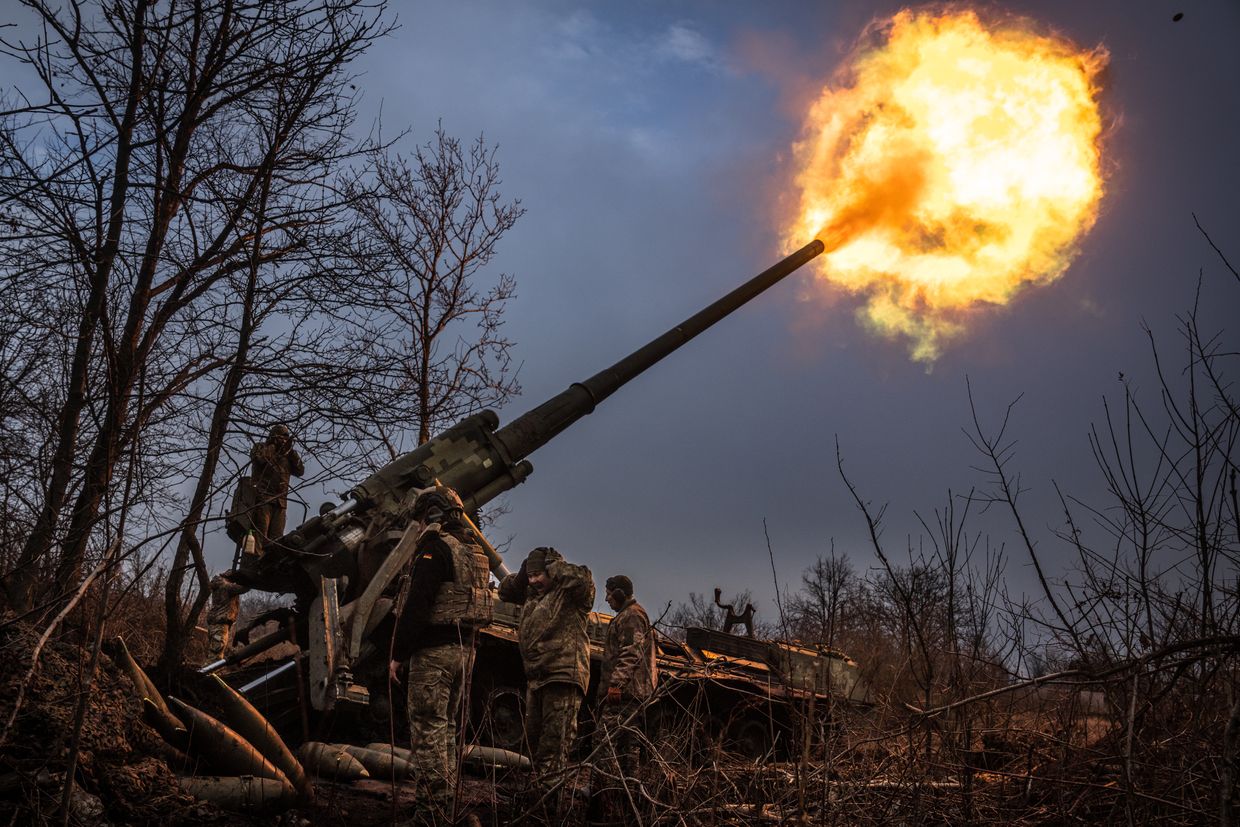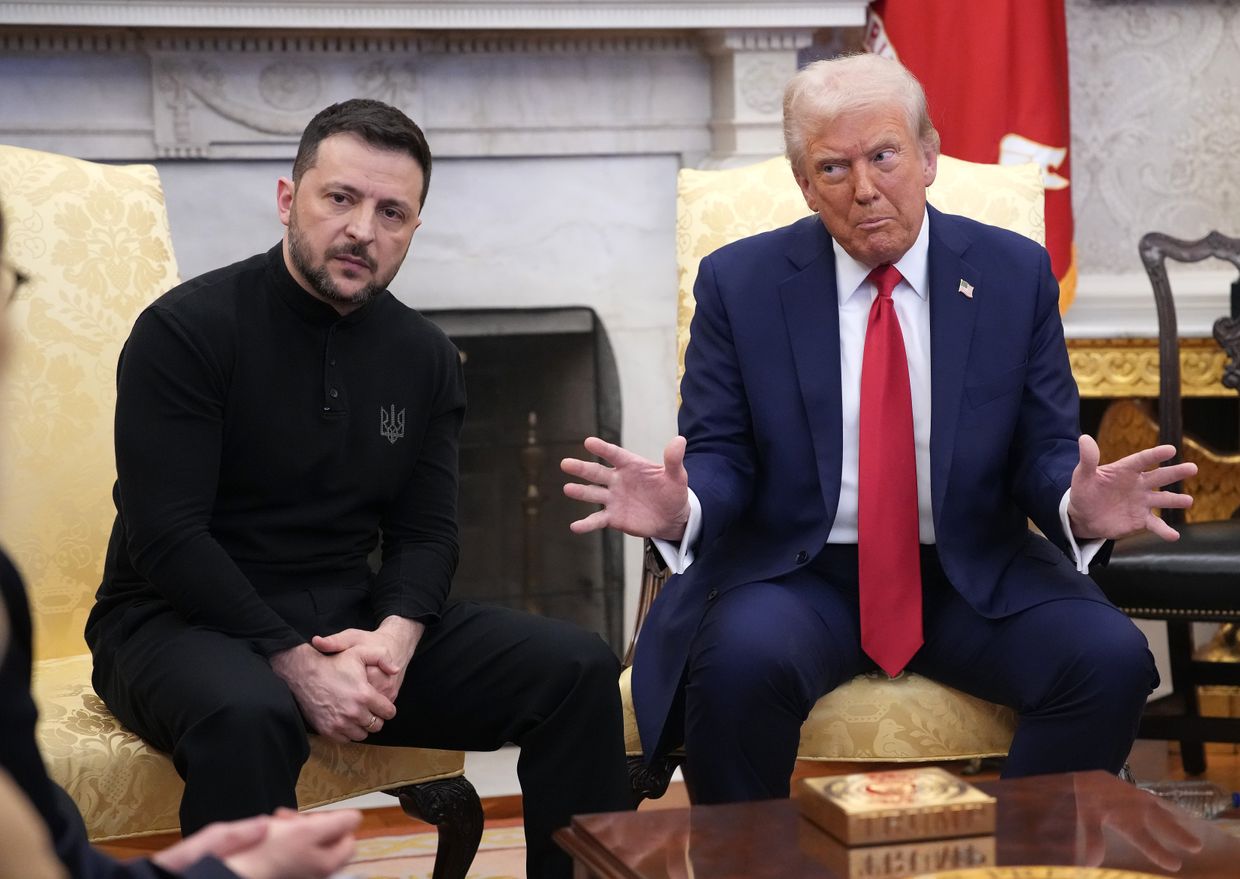Half of Russians back temporary ceasefire in Ukraine, poll shows

Around 50% of Russians support a temporary ceasefire in Ukraine, according to a poll by the independent Russian pollster Levada Center published on April 1.
The poll follows Ukraine's acceptance of a full 30-day ceasefire proposed by the U.S. during talks in Saudi Arabia on March 11. The Kremlin refused to accept the ceasefire immediately, demanding conditions that would undermine Kyiv's defenses, particularly by halting foreign military aid.
Instead, Ukraine, Russia, and the U.S. agreed last week to a partial truce covering energy infrastructure and the Black Sea.
The partial ceasefire has not come into effect either. Russia and Ukraine have accused each other of violating the ban on energy infrastructure strikes, and Moscow has stated that the Black Sea ceasefire would take effect only after some sanctions against Russia are lifted.
The Levada Center survey found that 26% of respondents strongly support a truce, while 24% "somewhat support" it. Meanwhile, 41% oppose the idea, including 25% who strongly reject it.
Support for a ceasefire is higher among women, young Russians under 24, and those critical of the country's direction, distrustful of President Vladimir Putin, or skeptical of state media.
Those who watch television news less frequently or prefer independent sources, such as YouTube, are also more likely to back a pause in fighting.
Opposition to the truce is more common among men, older Russians, Putin supporters, daily television viewers, and those who back Russia's war against Ukraine.
Many respondents against a ceasefire believe it would allow Ukraine time to rearm (37%), while others see it as pointless (9%) or insist Russia must "go all the way" (8%).
Since launching its full-scale invasion, Moscow has intensified state propaganda, portraying the war as a defensive struggle against the West.
Russian television talk shows glorify the military and suppress dissent, reinforcing the Kremlin's narrative that the war is essential for national survival.
The Levada Center conducted the poll from March 22-26, surveying 1,615 adults across 137 settlements in 50 Russian regions. It is labeled a "foreign agent" in Russia under a law used to suppress independent media and NGOs.
Since implementing the partial ceasefire, Ukraine and Russia have accused each other of violating the energy truce, while Moscow has linked the Black Sea deal's future to Western sanctions relief.
Despite the mixed sentiment among the Russian public, the Kremlin has shown no sign of easing its broader war efforts, continuing large-scale assaults.
While the Trump administration has long expressed frustration with Kyiv over its negotiating stance and hesitancy on a U.S.-backed minerals deal, Reuters reported on April 1 that Washington is now also growing impatient with Moscow.











